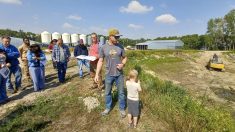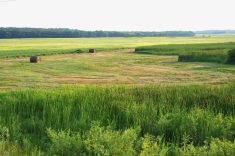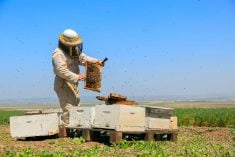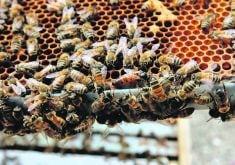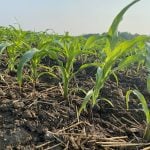Canada’s agriculture ministers wrapped up their annual meeting recently pledging to make business risk management programs more responsive.
Changes to AgriStability and AgriRecovery are perennial topics at these meetings.
Federal minister Lawrence MacAulay and his host, Yukon counterpart John Streicker, said ministers focused on ways to make farmers more resilient and competitive.
Read Also
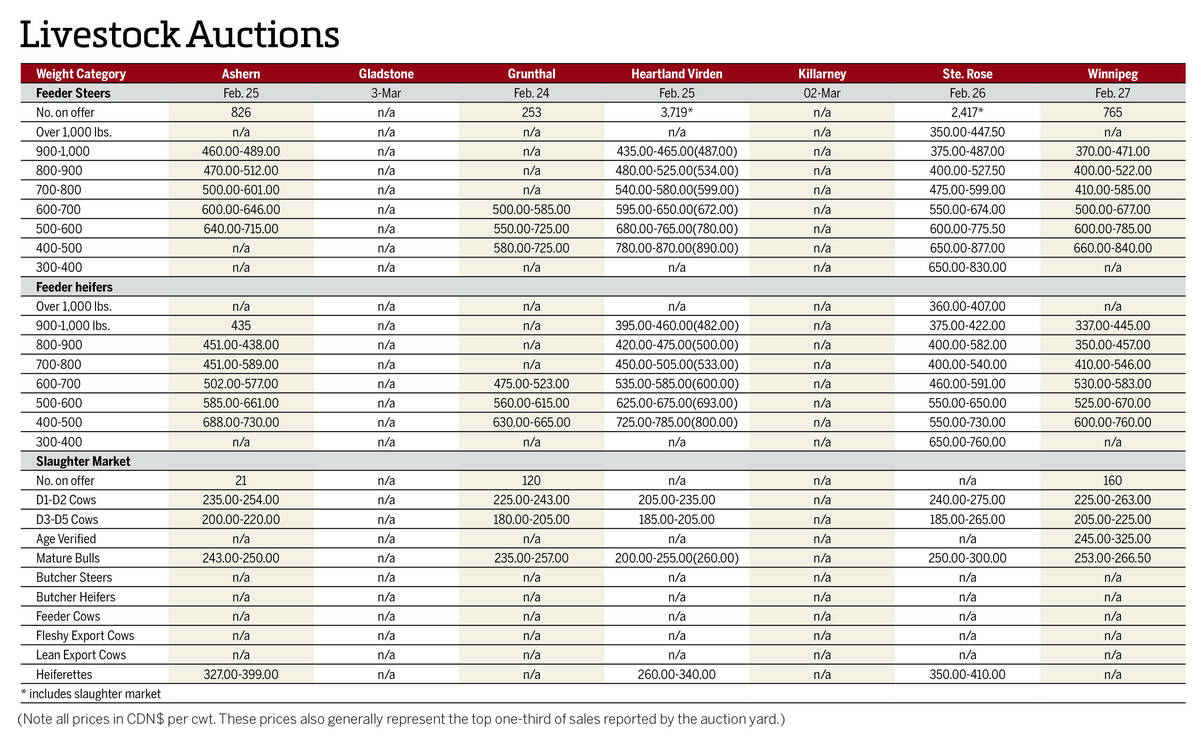
Manitoba cattle prices, March 4
Chart of weekly Manitoba cattle prices.
This goes beyond BRM programs to other policies, such as how the Pest Management Regulatory Agency operates.
A federal-provincial-territorial group formed after PMRA’s decision in 2023 to ban the use of lambda-cyhalothrin on crops for animal feed.
Many have said that decision was wrong because animal feed imported from the United States could have been treated.
The working group recommended five ways to improve pesticide management in Canada:
- Governments and agencies affected by the federal regulatory system be consulted earlier and participate more meaningfully.
- PMRA consider pesticide value assessments and suitability of alternatives when amending or cancelling registrations.
- Governments and agencies contribute additional information to the assessments.
- Governments make Canada a more attractive place to register new products, particularly biopesticides.
- Governments invest in further research and extension. Marit said the working group will continue, and ministers will be more involved. An additional working group will look at meeting producers’ needs while protecting human and ecosystem health using a science-based approach.
“Myself, Ontario and Manitoba, three of us will be looking at that,” Saskaschewan Minsiter of Agriculture David Marit said in an interview after the meeting. “That’s kind of what I wanted. And we also wanted to get some higher level participation from PMRA and we’ve asked for that, so that’s something obviously the federal minister will take back.”
Sigurdson said the ministers will be better informed and be able to collaborate before changes are made.
“I was very happy that we adopted the recommendations that came out of the working group that do reflect a lot of going with the science-based approach,” he said afterward.
“Of course this all came out of the fact that there was restrictions put around lambda and strychnine and we’re seeing the impacts of what that means for agriculture.”
Ministers also said they were pleased with discussion about how to harmonize specified risk material regulations with those of the United States since Canada obtained its negligible risk status for BSE.
Alberta has been running a pilot program on potential changes to AgriStability to benefit livestock producers. Changes include how feed produced on-farm could be included as an eligible expense in the AgriStability calculation.
Marit suggested changes could be implemented in 2026.
Meanwhile, MacAulay acknowledged that payments through AgriRecovery take too long. He said farmers and ranchers affected by a disaster need money quickly.
“We have to do it proper. There’s guidelines to be taken, but we want to make sure we get the money into the pockets of the farmers and ranchers quicker than we have been,” he said.
Streicker said ministers anticipate there will be more climate challenges in the future and AgriRecovery has to be timely and predictable.
“We don’t think it’s productive, across the country, to have a program (we) have to fire up and be specialized each time,” he said. “We’re looking for something that will be more predictable across the board.”
MacAulay said changes to AgriStability could help prevent problems, while AgriRecovery is a response.
“Of course, we want to make sure that we spend the dollars as efficiently as we can in order to prevent problems, but AgriRecovery needs to be there for the disasters that hit,” he said. “We’re working really on both angles.”
The meeting included discussion on livestock price insurance, international trade, labour and supply chain disruptions.
Priority efforts will continue on preparedness and response for animal diseases such as African swine fever, foot-and-mouth disease and avian influenza.
Ministers want pilot projects for interprovincial trade in meat to be accelerated. The executive vice-president of the Canadian Food Inspection Agency attended the meeting and agreed to work with provinces and territories to make that happen.
Next year’s meeting will be held in Winnipeg.




